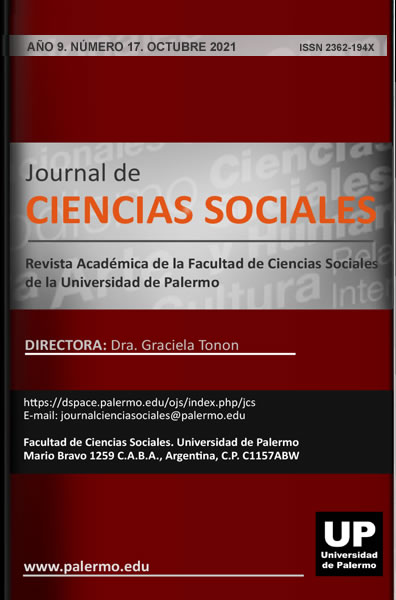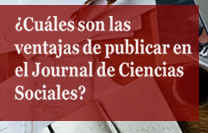Indigenising positive psychology in the ‘Handbook of Quality of Life in African Societies’
Book Review: Handbook of Quality of Life in African Societies
Resumen
This book review highlights the main themes of the Handbook of Quality of Life in African Societies (as edited by Prof Irma Eloff from the University of Pretoria), focusing on meaning and language, culture (and positive culture), and social responsibility. The interrelatedness of all five parts of the book (from a macro, meso and micro perspective) are discussed with specific mention of Ubuntu and its relevance in investigating the phenomenon of quality-of-life. The review emphasises the need for exploratory and indigenous research in communities where social association is of immense importance and to contextualise quality-of-life from this perspective. This book is recommended for scholars who wishes to utilise indigenous methodologies and to deeper understand the diverse influences and social impact on the quality-of-life of individuals south of the Sub-Saharan Africa.
Descargas
Citas
Gaim, M., & Clegg, S. (2021). Paradox beyond East/West Orthodoxy: The case of Ubuntu. In R. Bednarek, R., M. P. Cunha, J. Schad, & W. K. Smith (Eds.), Interdisciplinary Dialogues on Organizational Paradox: Learning from Belief and Science, Part A (Research in the Sociology of Organizations) (pp. 29 – 50). Vol. 73a. Emerald Publishing Limited.
Michalos, A. C. (2003). Social indicators research and health-related quality of life research. In A. C. Michalos (Ed.), Essays on the Quality of Life (pp. 239 – 274). Kluwer Academic Publishers.
Panzini, R. G. Mosquiero, B. P., Zimpel, R. R., Bandeira, D. R., Rocha, N. S. Rocha & Fleck, M. P. (2017). Quality-of-life and spirituality. International Review of Psychiatry, 29(3), 263-282, DOI: 10.1080/09540261.2017.1285553
Los autores conservan los derechos sobre su obra garantizando a esta revista el derecho de primera publicación, comprometiéndose a citar el Journal de Ciencias Sociales como referencia de la publicación original.
Los trabajos publicados en el Journal se publican bajo los términos que se indican en la Licencia de Creative Commons con la Atribución 4.0 Internacional (CC BY 4.0).




























